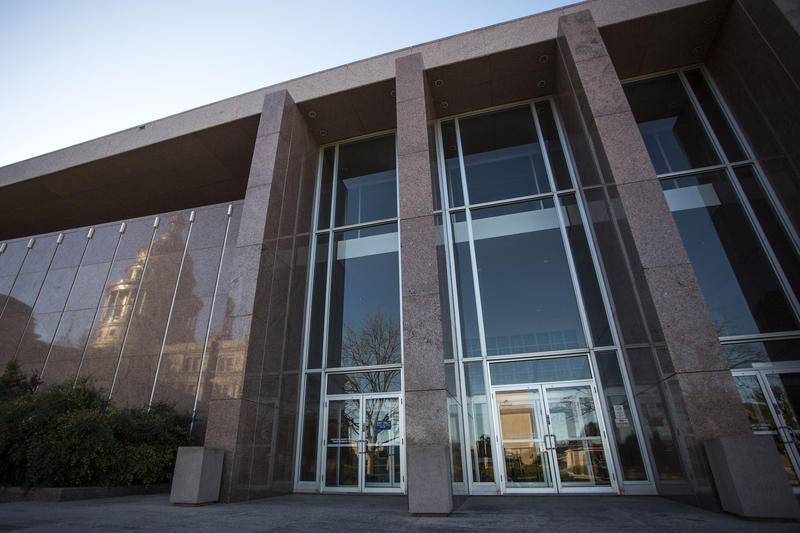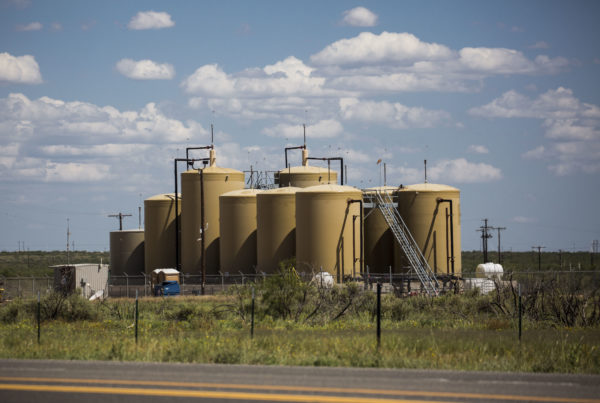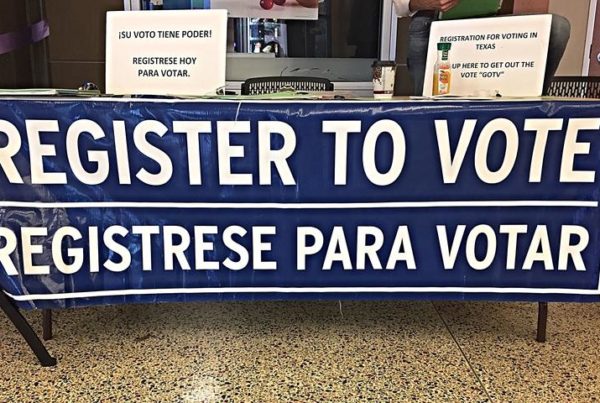Texas is one of only seven states where all trial court judges are chosen via partisan elections. Gov. Greg Abbot is a convert to the idea that electing judges might not be the best way to make those choices. Abbott signed a law creating a 15-member commission to study judicial elections.
Emma Platoff, justice and politics reporter for The Texas Tribune, says the commission will study the way the state chooses judges during the next 18 months. She says the governor’s embrace of a potential change is likely the result of politics.
“I think skeptics would point you to the November 2018 elections as the reason for that,” Platoff says. “We saw, across the state, Republican judges, particularly in appeals courts, lose in droves.”
Platoff says judicial races are often part of “sweeps” where a leading candidate from one party, running for a high-profile office like senator or governor, carries others in her or his party to victory. In 2018, Beto O’Rourke did not win his Senate race against Ted Cruz, but O’Rourke did help Democrats succeed in down-ballot races, including judgeships. Sweeps can take long-serving judges off the bench, without regard for the quality of their work.
“[In 2018], a lot of experienced judges get swept off the bench,” Platoff says.
It’s not certain the current push to study judicial elections will bear fruit. In 2013, the Legislature created a commission to study the way the state chooses judges, but that group never met, Platoff says. But this go-round, the governor is on board.
Many other states appoint judges – the governor makes appointments which are vetted by a commission of legal experts, and confirmed by the legislature. Platoff says Texas could take this approach, or only apply it to certain courts.
Platoff says some Democrats are skeptical, asking why the issue of judicial selection wasn’t on the table before the 2018 elections, when Republican candidates were swept out of office. Other Democrats say ending the election of judges is a “good government” idea.
Written by Shelly Brisbin.
















